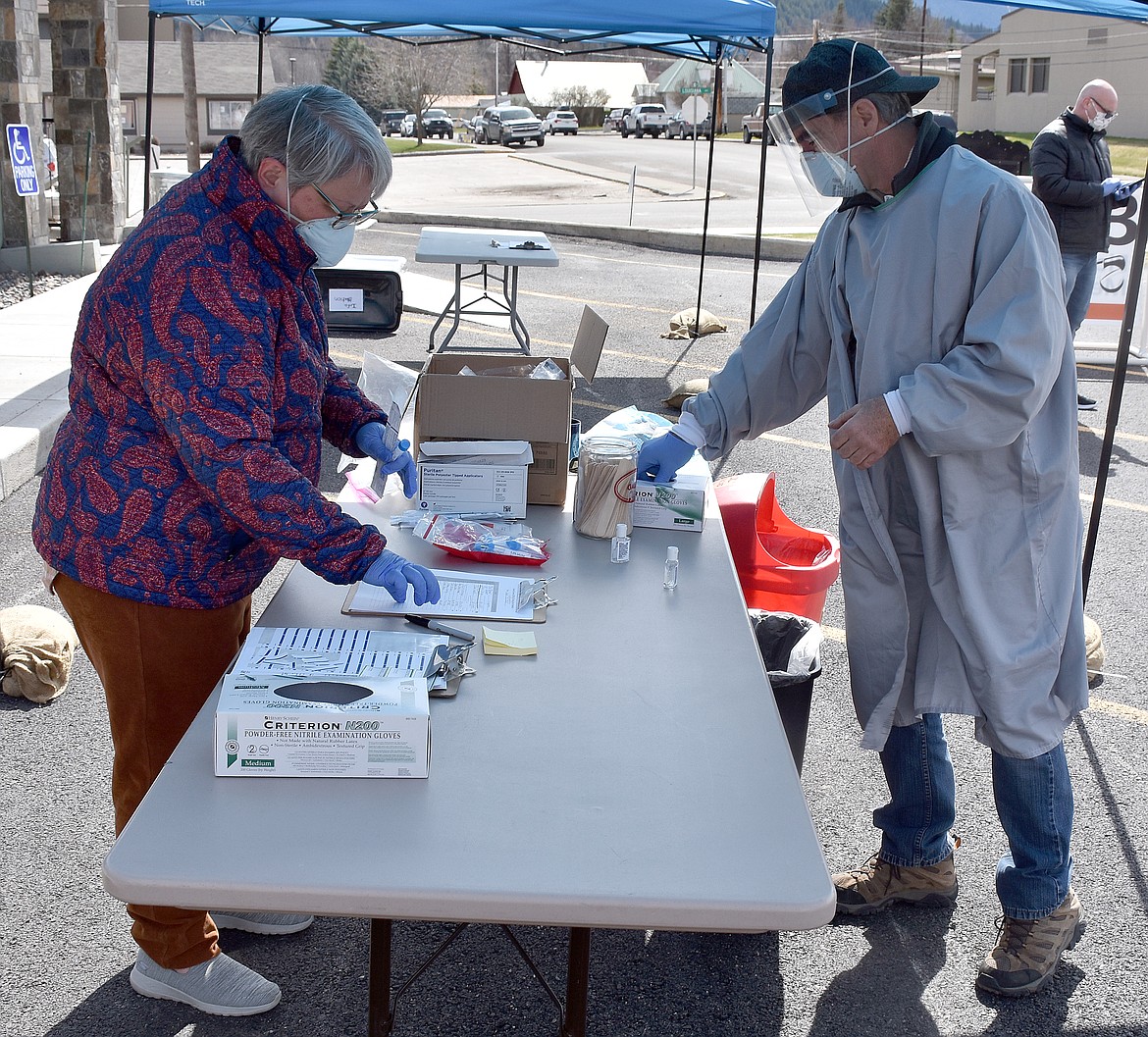Coronavirus testing encouraged
|
June 23, 2020 8:28 AM
Dr. Brad Black, health officer for Lincoln County, wants you to get tested for the coronavirus. And then get tested again...
Become a Subscriber!
You have read all of your free articles this month. Select a plan below to start your subscription today.
Already a subscriber? Login




